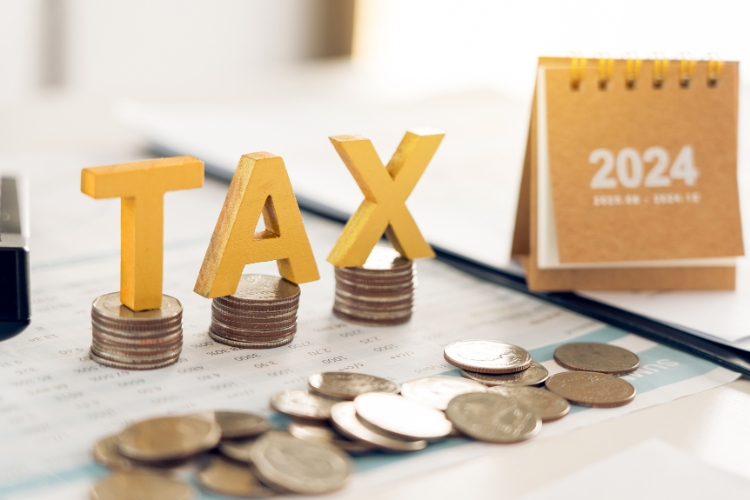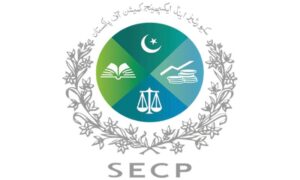In Pakistan, healthcare services are taxed in various ways, including sales tax, income tax, and customs duties. These taxes are applied to different aspects of healthcare services, including pharmaceuticals, medical equipment, and hospitals. In this article, we will discuss the taxation of healthcare services in Pakistan in detail, along with their definitions and examples.
Sales Tax on Healthcare Services:
Sales tax is a form of indirect tax that is levied on the sales of goods and services. In Pakistan, healthcare services are subject to sales tax, which is currently set at 17%. This tax is applied to a variety of healthcare services, including medicines, medical equipment, and hospital services.
For example, if a hospital charges Rs. 10,000 for a surgical procedure, the sales tax on this service will be Rs. 1,700 (17% of Rs. 10,000). Similarly, if a pharmaceutical company sells medicines worth Rs. 50,000 to a distributor, the sales tax on this transaction will be Rs. 8,500 (17% of Rs. 50,000).
Income Tax on Healthcare Services:
Income tax is a direct tax that is levied on the income of individuals and organizations. In Pakistan, healthcare service providers are required to pay income tax on their earnings. This tax is applied to the income earned by doctors, nurses, and other healthcare professionals, as well as hospitals and pharmaceutical companies.
For example, if a doctor earns Rs. 1,000,000 in a year, he/she will be required to pay income tax on this amount. The amount of income tax payable will depend on the doctor’s income bracket and the applicable tax rates.
Customs Duties on Healthcare Services:
Customs duties are levied on the import of goods and services. In Pakistan, customs duties are applied to a variety of healthcare products, including medical equipment, medicines, and vaccines. The rate of customs duties varies depending on the type of product being imported.
For example, if a hospital imports medical equipment worth Rs. 1,000,000 from another country, customs duties will be applied to this transaction. The amount of customs duties payable will depend on the applicable rates for medical equipment.
Exemptions and Concessions:
There are certain exemptions and concessions available for healthcare services in Pakistan. For example, certain medicines and medical equipment are exempt from sales tax, while others are subject to a reduced rate of sales tax. Additionally, hospitals and other healthcare service providers may be eligible for tax concessions based on their charitable activities.
For example, hospitals that provide free or subsidized healthcare to low-income patients may be eligible for tax exemptions or concessions. Similarly, pharmaceutical companies that provide free or subsidized medicines to charitable organizations may also be eligible for tax concessions.
Conclusion:
In conclusion, healthcare services in Pakistan are subject to various forms of taxation, including sales tax, income tax, and customs duties. These taxes are applied to different aspects of healthcare services, including medicines, medical equipment, and hospital services. However, there are certain exemptions and concessions available for healthcare services based on their charitable activities. It is important for healthcare service providers in Pakistan to be aware of these taxes and exemptions to ensure compliance with the applicable laws and regulations.




